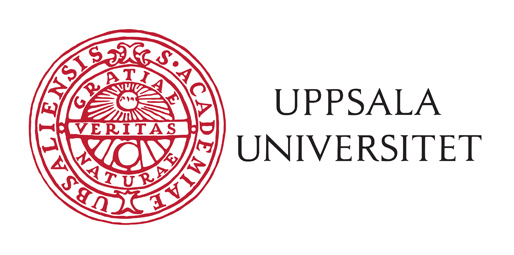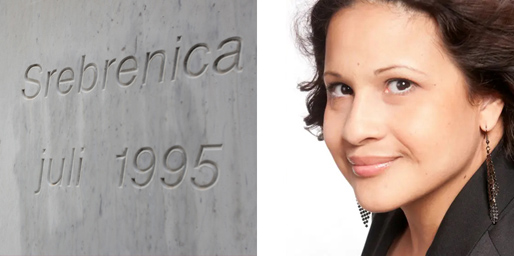Inquiry about participation in a master’s thesis in 2022

Uppsala University logo
Uppsala University
Master program, thesis in human rights 30 credits
I will contact you and your organization regarding that I will be writing my master’s thesis in human rights during the spring semester. To find my material about the subject I will do in-depth interviews with people who have their ethnic background in Bosnia & Herzegovina, and thereby have a personal experience of the country’s development process after the Yugoslav wars, between 1991 and 2001 in the area that before 1991 which was previously described a Yugoslavia.
In July 1995, about 8,000 Muslim boys and men were executed in the city of Srebrenica. After surrendering to or being captured by Bosnian Serb forces. The United Nations International Criminal Tribunal for the former Yugoslavia (ICTY) was established two years earlier by the United Nations Security Council (UNSC) with the aim of bringing responsible parties to justice for the serious crimes committed against international humanitarian law at Yugoslav territory. In 2004, the ICTY considered the Srebrenica massacre to be genocide under international law. The International Court of Justice came to the same conclusion in 2007. Interested parties who had carried out the acts were convicted.
Despite the extensive legal process that has taken place, the interpretation and categorization of the Srebrenica massacre as genocide has remained controversial in the former Yugoslavia. The parties that have denied events and the legitimacy of the legal process are the media, politicians, religious leaders, academics and heads of state. The research speaks of a (Culture of Denial) that is present in the country as a whole as well as in Serbia and within Republika Srpska. Furthermore, the discourse on how the ICTY has failed to overcome the denial in its communication after the legal process.
How has the denial of the genocide affected Bosnia and Herzegovina’s capacity for: reconstruction, peace, justice and reconciliation?
I will carry out the questions in form of a dialog and will focusing on the respondents personal and subjective experiences.
I hope you are able to take part in my thesis, and contribute with knowledge and fill the lack of perspective of BiH current complex situation. I also hope that this thesis will strengthen the research about genocide, armed conflict and human rights.
Inquiry for participation in interviews for a master’s thesis.
Human rights expert, master student, social worker, feminist, activist, lecturer and entrepreneur.
Kindly regards,
Maria Hallenius Henrysson
070-842 03 49
hallenius@hotmail.com



![Global Fund for Women – A non-profit grantmaking foundation that advances women’s human rights worldwide [ar, en, es, fr, ru]](http://www.bhkrf.se/wp-content/images-wo/globalfundforwomen.png)

